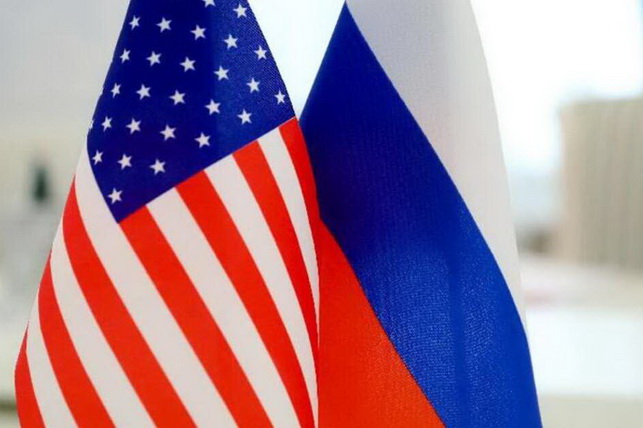
US and EU Impose New Sanctions on Rosneft, Lukoil, and Other Russian Companies
US and EU Impose New Sanctions on Rosneft, Lukoil, and Other Russian Companies
Tashkent, Uzbekistan (UzDaily.com) — The US Department of the Treasury has announced a new round of sanctions targeting Russian oil companies Rosneft and Lukoil, along with their subsidiaries.
According to the Treasury’s statement, restrictions apply to 28 Rosneft subsidiaries and six Lukoil subsidiaries based in Russia. The sanctions were imposed under Executive Order No. 14024 for “activities in the energy sector of the Russian Federation’s economy.”
The measures cover all entities directly or indirectly owned or controlled by Rosneft or Lukoil by 50 percent or more, even if not explicitly listed by the Office of Foreign Assets Control (OFAC).
The US Treasury has authorized transactions with these companies until November 21, 2025, if they are related to the winding down of operations due to the new restrictions. All related payments must be placed in blocked accounts.
Washington justified the move by citing Moscow’s unwillingness to engage in the peace process in Ukraine.
Moscow’s Reaction
Russian Foreign Ministry spokesperson Maria Zakharova described the US decision as counterproductive, saying it would not achieve Washington’s intended results.
“We view this step as entirely counterproductive, including in terms of reaching negotiated solutions on Ukraine,” Zakharova said.
She added that attempts to force Russia to abandon its national interests through sanctions “will fail, as they have before.”
President Vladimir Putin also commented on the US actions, calling them an “unfriendly act” that “does not strengthen Russian–American relations.”
He warned that reduced Russian oil and petroleum supplies to global markets would drive prices higher.
“If our oil and petroleum products decrease sharply on the global market, prices will rise,” Putin said, responding to journalists’ questions after a congress of the Russian Geographical Society.
EU Decisions
At the same time, the European Union announced its 19th sanctions package, which for the first time includes measures against Russia’s gas sector.
“For the first time, we are striking at the gas sector,” European Commission President Ursula von der Leyen wrote on X.
According to EU foreign policy chief Kaja Kallas, the new package imposes restrictions on 63 individuals and entities and 117 maritime tankers allegedly linked to the transport of Russian oil.
Among the companies sanctioned by the EU are Litasco Middle East DMCC, Lukoil’s trading arm headquartered in Dubai, and FESCO, the largest container port operator in the Russian Far East. The EU Council described Litasco as a “key supplier” for Lukoil.
Key measures of the European package include:
– A ban on financing companies operating in Russia’s special economic and innovation zones;
– Restrictions on exports of salts, ores, tires, rubber goods, and construction materials to Russia;
– A ban on services related to Russian tourism;
– The potential requirement for EU approval of Russian diplomats’ entry;
– A ban on transactions with several Russian banks, including Alfa Bank, MTS Bank, and Absolut Bank;
– A gradual phase-out of Russian gas imports starting in April 2026.
Context and Implications
On the eve of the announcement, the US Senate Foreign Relations Committee approved three new anti-Russian bills.
One bill designates Russia as a state sponsor of terrorism, another introduces sanctions against China, and the third authorizes the transfer of frozen Russian assets in the US to Ukraine every 90 days.
Moscow has called the potential transfer of its funds “theft,” noting that assets belonging to investors from “unfriendly countries” are held in special Type “C” accounts, which can only be accessed by government decision.
Russian authorities have repeatedly stated that the country is withstanding sanctions pressure and that Western restrictions are failing to achieve their goals. Moscow insists that the West refuses to acknowledge the failure of its pressure policy.
Meanwhile, skepticism toward the effectiveness of anti-Russian sanctions has been growing in Western countries themselves.
In early September, Kaja Kallas admitted that adopting new measures was becoming increasingly difficult, while US Energy Secretary Chris Wright said that the EU’s halt of Russian energy imports was laying the groundwork for expanded US restrictions.
The latest sanctions by the US and EU represent another escalation in the ongoing campaign of economic pressure on Moscow, launched after the start of the conflict in Ukraine.